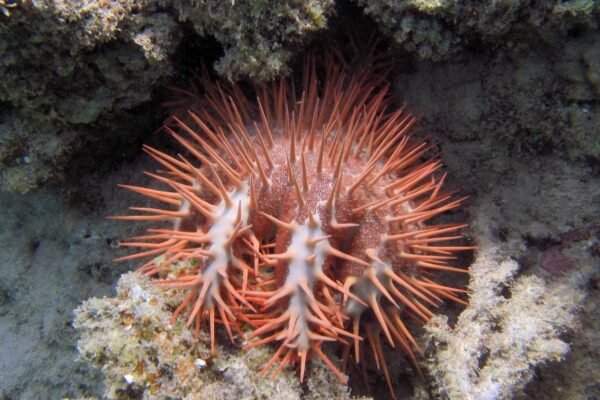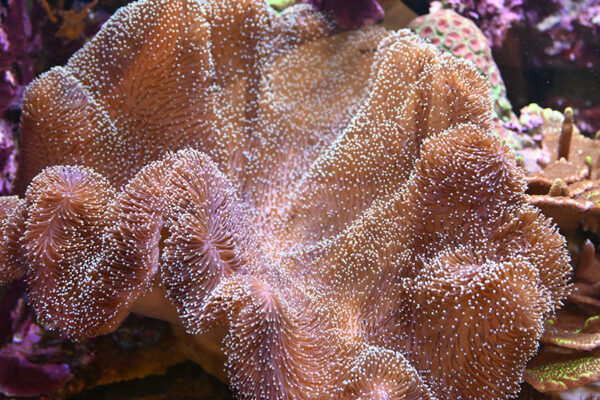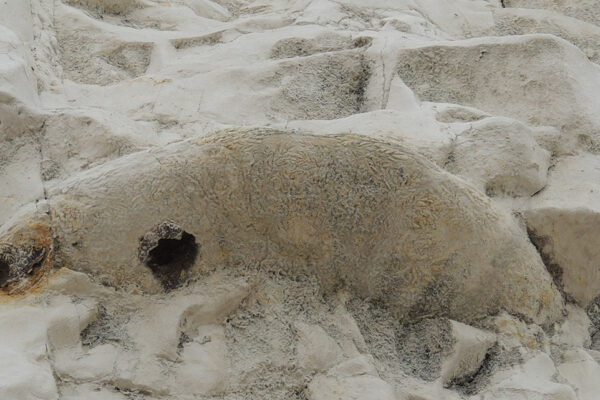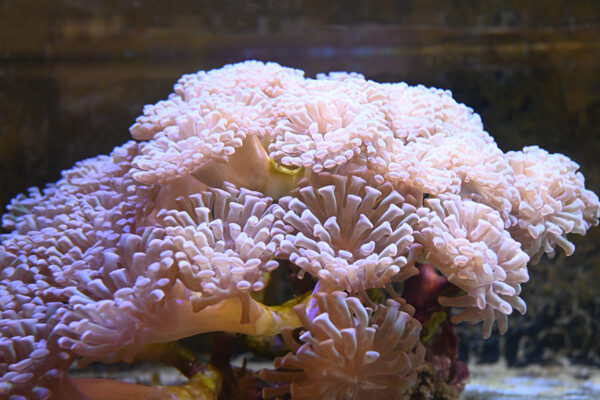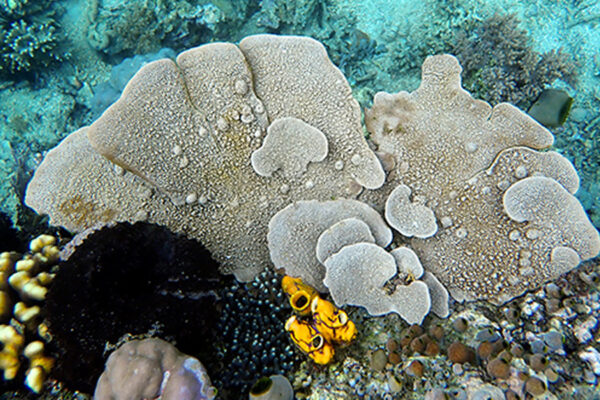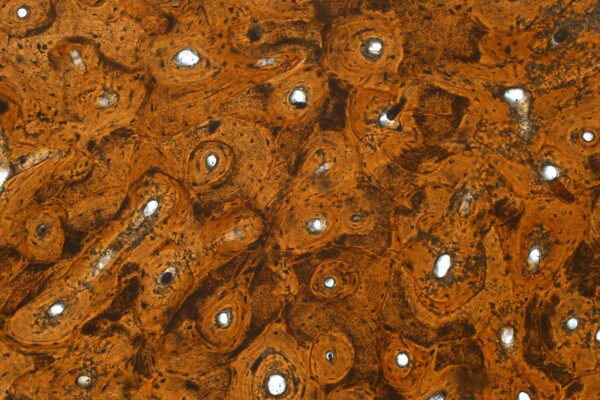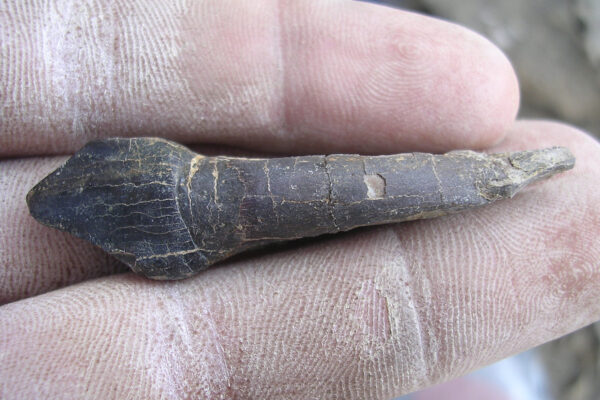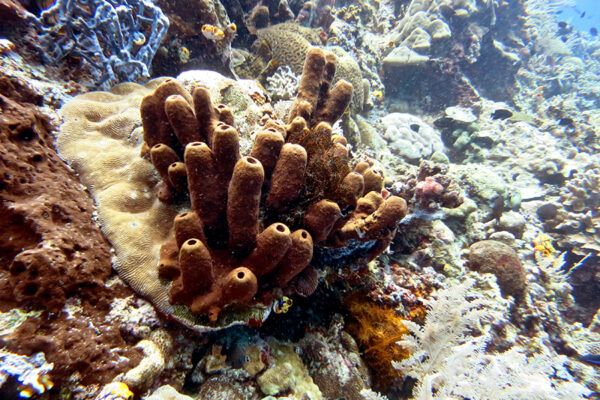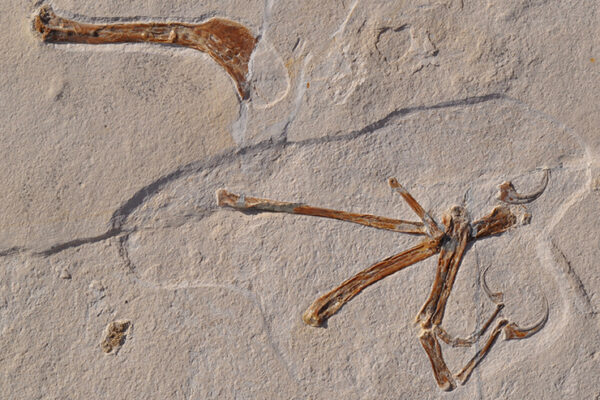Research Spotlights
Crown-of-thorns seastar from Red Sea is endemic species
Research Spotlights
Climate change: Independent stress response makes octocorals more robust
Research Spotlights
Recent News on Giant Cretaceous Ammonites
Research Spotlights
Deep-sea biodiversity off New Zealand higher than assumed
Research Spotlights
All eyes on the oceans
Research Spotlights
Evolution of Deer: Regular Antler Cycle is Older Than Previously Thought
Research Spotlights
Some Like It Hot: Global Warming Triggered the Evolution of Giant Dinosaurs
Research Spotlights
Sponges as biomonitors of micropollution
Research Spotlights
First Birds: Archaeopteryx Gets Company
Research Spotlights




